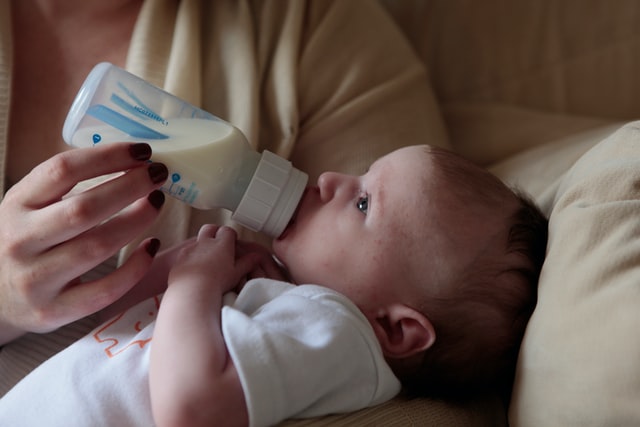Former nurse RaDonda Vaught has become a national symbol after facing criminal charges for a medication error that led to the death of Charlene Murphey, a 75-year-old patient, in 2017. Her trial recently wrapped up in Nashville, TN where she was sentenced to three years of supervised probation.
Many nurses were relieved to hear that Vaught wouldn’t face jail time for her mistake, but she is no longer allowed to practice nursing. She was fired from her position at Vanderbilt University Medical Center after the patient’s death and lost her nursing licenses in 2021.
Vanderbilt Medical Center negotiated a settlement with Murphey’s family following her death, but the hospital failed to report the error to state and federal authorities, as required by law.
Vaught recently gave her first interview since the trial to talk about how the experience has changed her life. Reporters from ABC News caught up with her at her farm in Tennessee. She reflected on what happened in the moments leading up to Murphey’s death.
At the time of the incident, Vaught was supposed to administer a sedative called Versed, but she gave Murphey a powerful vecuronium, an anesthetic used to keep a patient still during surgery, by mistake.
“The moment you realize you make a mistake with a drug like that, and then you see this patient’s condition — it was immediately really bad,” Vaught said.
She acknowledged that she was trying to train a new nurse while retrieving the medication from the electronic cabinet.
“Anytime you have additional responsibility, that responsibility can be distracting.” Vaught said. “I allowed myself to split my focus into two different things at once.”
Vaught said the hospital should face consequences for failing to report the error to the proper authorities.
“I think the whole world feels like I was a scapegoat,” Vaught said. “There’s a fine line between blame and responsibility, and in health care, we don’t blame. I’m responsible for what I failed to do. Vanderbilt is responsible for what they failed to do.”
Vaught may have been to blame for the medication error, but she was only one part of a much larger system.
“It is heart-wrenching to know that Ms. Murphey and her family were so horrifically let down. That will overwhelm any good that I ever did in my career,” Vaught continued. “They are the patient and the family that will live with me the most.”
She still has to live with the memory of what happened on that fateful day.
“I will never be the same person,” Vaught said. “It’s really hard to be happy about something without immediately feeling guilty. She could still be alive, with her family. Even with all the system errors, the nurse is the last to check.”
Many nurses have come to Vaught’s defense to protest the criminal charges. After losing her nursing licenses, Vaught was asked to pay $35,967 in legal and administrative fees from the Tennessee Board of Nursing, along with a $3,000 civil penalty.
Within days, Becca Francis Ray, a friend of Vaught’s, started an online fundraiser to cover her board fees. The Facebook page received over 1,000 individual donations and they were able to raise $38,000 in just 48 hours.
“I just want to let you know that over the last two days we went on Facebook and did a pledge and in less than 48 hours, here is a check for $38,967.04,” Ray says to Vaught in a video.
Vaught will deliver the check to the Tennessee Board of Nursing on May 25. She may be out of a job, but at least Vaught knows that thousands of nurses have her back.
She’s not done with the healthcare industry just yet. Vaught and several other nurses are currently lobbying for a bill that would give nurses qualified immunity for criminal prosecution for medical mistakes.




